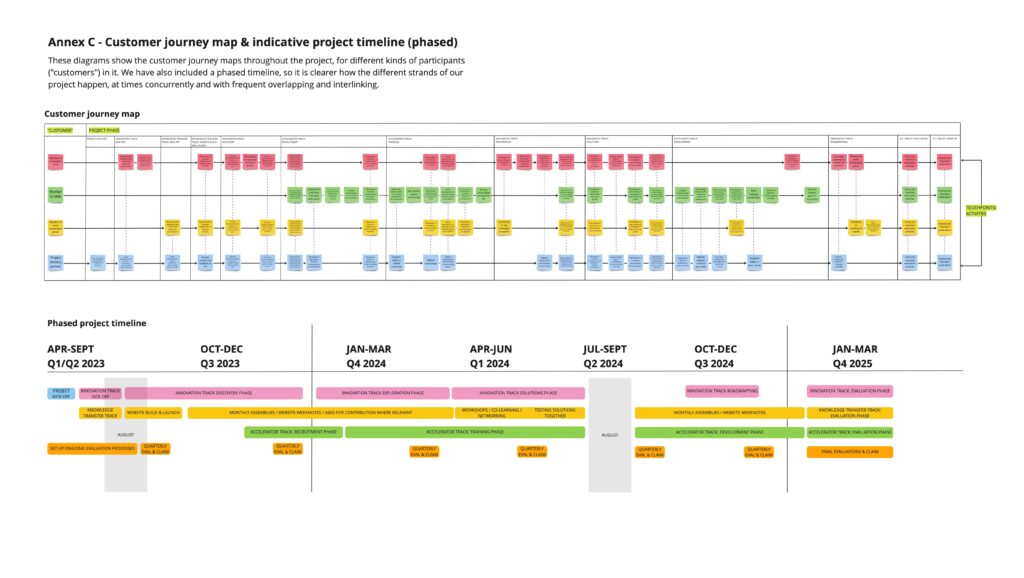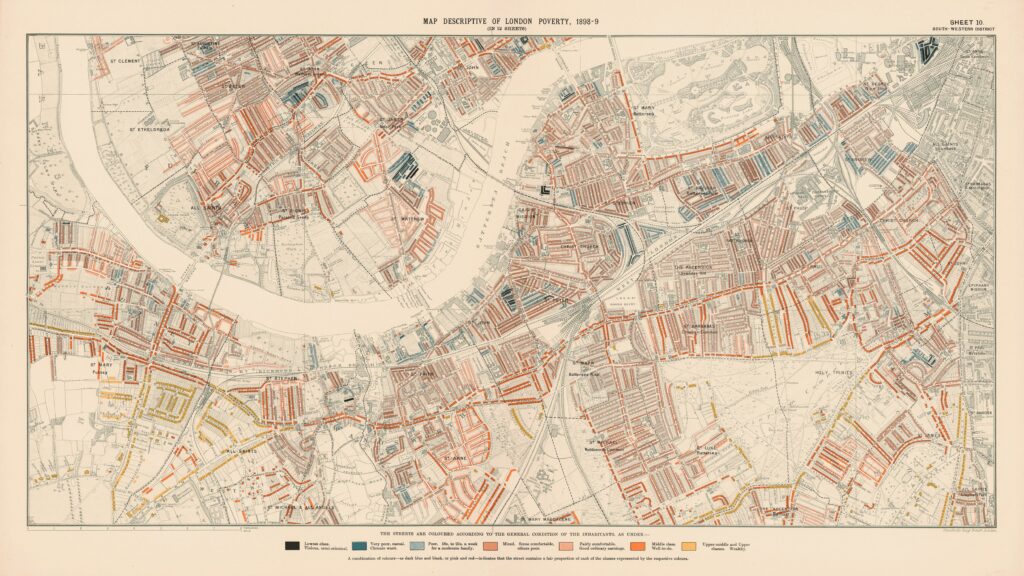What I think makes SPACE4 stand out from the crowd of coworking spaces is the work that we do to support the local and co-operative economy. Often this goes beyond our four walls, and I don’t think we do it justice in capturing and communicating it. Personally, I’m really switched on by the work we do that considers local economics, and I’d love for us to be doing more of it.
Don’t get me wrong, I bloomin’ love the community and the activities that take place here. We deliver lots of positive things to our coworking community and the people who come to our events. We host socials, give people a fairly decent say in how things are run, provide tasty fairtrade coffee, and generally try to be as welcoming and community-orientated as possible. Plus, we provide affordable workspace, and run free events, which support people’s careers and small businesses.
But we do more than all of that.
Last year we ran Cooperate Islington, funded by Islington Council. This project supported small co-ops in Islington to grow. They ranged from artists co-ops to care co-ops, and much in between. The project has been a big success (watch this film to find out more about some of the co-ops that we worked with).
I’d like to further develop projects that support small businesses and co-ops to develop beyond SPACE4, and make it a core part of SPACE4’s offering and identity.
Off the back of our learnings from Cooperate Islington, we recently applied for a big grant from the GLA to develop this area of our work more. It would have been a kind of Cooperate Islington 2.0 on steroids. Sadly, we didn’t get the grant (silly GLA, I just have to keep comforting myself by smugly saying “their loss!”), but I wanted to write a blog about our plan. You never know when someone reading our content might be inspired and opportunities might ensue!

We proposed to run a project with 3 strands
- An ‘Open Innovation’ Round with 5 councils and up to 20 other ‘anchor institutions’.
We worked with Islington, Haringey, Hackney, Newham and Tower Hamlets on the proposal. In this strand, we proposed to support the councils and anchors to explore their procurement pipelines and identify opportunities for SMEs to fill. This would involve leadership from the Inclusive Economy/Economic Fairness teams within the councils, and input from other council officers, particularly from across their procurement teams. We’d hoped to work with buyers and leaders within local anchors such as Arsenal Football Club in Islington. We planned to start by identifying ‘low-hanging fruit’ whilst building relationships between participants. We hoped this would progress to the group developing ideas about how to make this work more ambitious in years to come, ultimately, supporting each other to move increasingly large sections of their supply chain to SMEs. - A ‘Supplier-Readiness Accelerator’ with up to 100 SMEs
With the help of the councils and anchors, and in direct response to the opportunities that they identified, we proposed to run an intensive accelerator with SMEs to get them prepared to meet the opportunities. We’d particularly focus on SMEs with some kind of social impact (bonus points for being a co-op!), who we thought genuinely had the potential to fill these contract opportunities. This was really what made the programme stand out. So many accelerators don’t seem to think of this – they might have some kind of ‘pitch to the investors’ Dragon’s Den finale, but they’re rarely building in the buyers contract needs from the beginning of the programme. - A ‘Knowledge Transfer’ strand with a wider stakeholder group of other councils, universities, economists (including CLES), and basically anyone else who’s interested and has relevant knowledge to share
We wanted to make sure that we got the learnings out there. We know that there are others across London and beyond who want to do this kind of work, but it wouldn’t be effective to run the programme without any geographic boundaries. But we didn’t want to hoard our knowledge or limit ourselves to only learning from people working within our identified geographic area! Through this strand, we wanted to share our progress, warts and all, in the hope that more boroughs and anchors would take on the baton and learn from our mistakes (no project is perfect, eh?!) whilst being inspired and motivated by our successes.
If you’ve heard of Community Wealth Building, you’ll recognise a lot of the above as being inspired by this. Often, Community Wealth Building is practised in the confines of quite a clear geography, such as Preston or Cleveland, and often in a place of notable economic deprivation. This gets a bit tricky when you start applying the framework to London.
With Cooperate Islington, we were really focusing on businesses registered and operating in Islington. But SPACE4 is on the corner of Harigney and Hackney. So does that mean that if there’s a business that’s a really perfect fit a few streets down, we don’t work with them? Or worse, we try to set up a competing business just so that we can say it’s Islington? I personally don’t think this is the best approach, and we’re in danger of getting a bit Royston Vasey.
I think that a project like this would move us towards a blueprint for Community Wealth Building in a global metropolis like London. Doing so would, in my view, help us build a city that is not only more equal and equitable, but in which residents feel they have a stake. All too often it feels as though massive faceless companies rule this city and rip people off. Big corporations may provide employment to Londoners, but they rarely provide people with a sense of pride or belonging in the city. By supporting initiatives that channel money to small business, we want to play a role in creating a human-centred, rather than just money-centred, London
If anyone wants to talk about projects like this, please get in touch with me polly@outlandish.com or lucy@outlandish.com to discuss.
By the way, I’d really recommend Paint Your Town Red as an easy-to-digest book about Community Wealth Building and how you can start making it happen!

